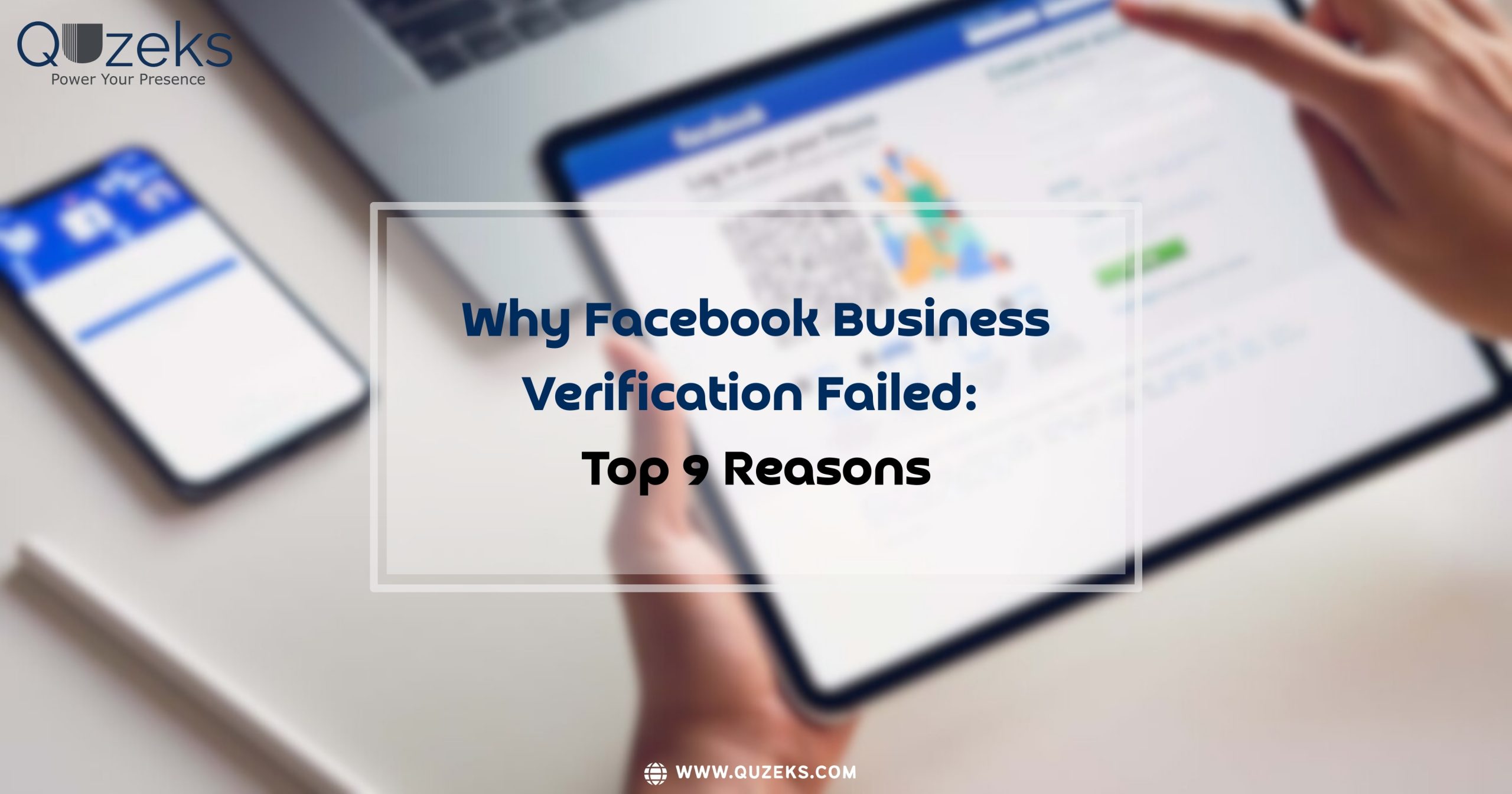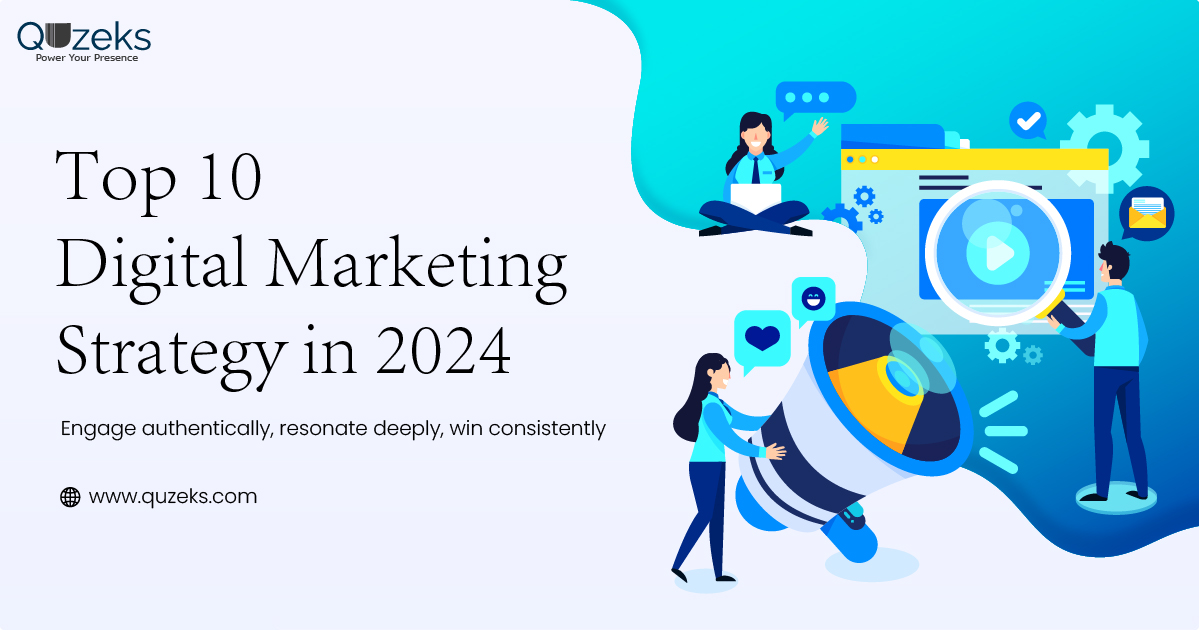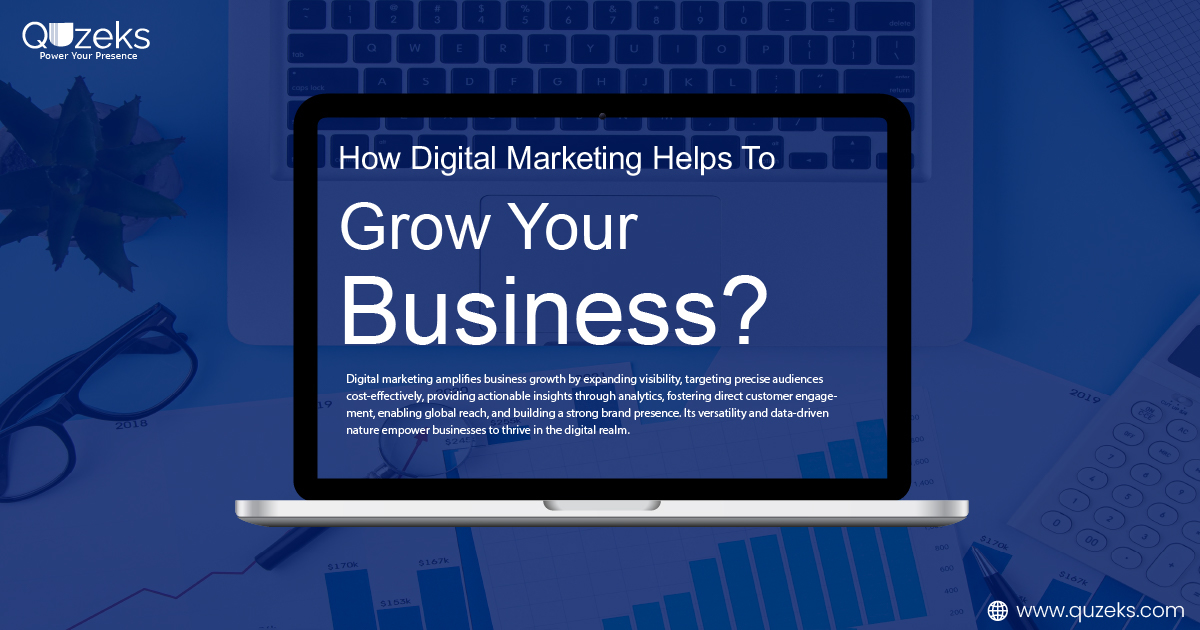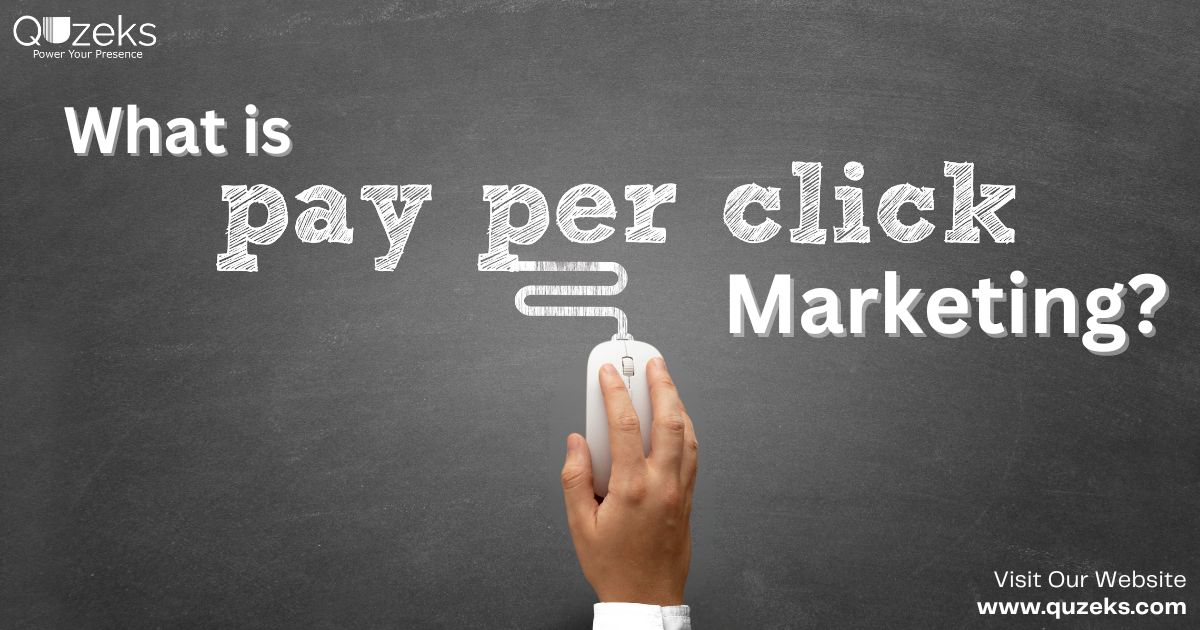In today’s digital-first world, having a verified Facebook Business account is essential for establishing trust, boosting visibility, and accessing advanced features like Meta Business Suite and ad tools. However, getting verified on Facebook isn’t always a straightforward process. Many businesses face rejection during the Facebook business verification process, often due to avoidable mistakes.
In this blog, we’ll uncover the 9 most common reasons for Facebook business verification failure and provide practical solutions to help you avoid them. Whether you’re a startup or an established company looking to streamline your social media strategy, understanding these pitfalls is crucial for a smooth verification journey.
What is Facebook Business Verification?
Before diving into the common mistakes, let’s briefly recap what Facebook business verification means.
Facebook business verification is the process Meta uses to confirm that a business account is legitimate and trustworthy. Once verified, your business can access Facebook’s full suite of features, such as custom audiences, pixel tracking, and domain verification for ad tracking and transparency.
Verification usually involves submitting official business documents and verifying your domain. While the process may seem simple, it’s often misunderstood or mishandled.
1. Incorrect or Mismatched Business Information
One of the most frequent causes of verification failure is inconsistent or incorrect business details.
Example: If your business name on Facebook is “ABC Traders,” but your documents say “ABC Traders Pvt Ltd,” Facebook may reject your application.
How to avoid this:
Make sure the business name, address, and phone number (NAP) match exactly across your Facebook profile, documents, website, and domain. Even minor spelling differences can be flagged.
2. Using Personal Documents Instead of Business Documents
Facebook requires official business documentation, not personal identification, to verify a business.
Common mistake: Uploading a passport, driver’s license, or personal utility bill instead of tax certificates, business licenses, or utility bills addressed to your company.
Solution:
Submit government-issued business documents like:
- Business registration certificates
- GST or VAT documents
- Utility bills in the company’s name
- Bank statements addressed to the business
Personal documents are acceptable only for individual verification, not business pages.
3. Incomplete or Low-Quality Documents
Blurry scans, missing corners, or unreadable text can easily result in Facebook rejecting your application.
What Facebook expects:
High-resolution, full-page scans or images of your official documents in supported formats (PDF, JPEG, PNG).
Best practice:
- Avoid cropping
- Make sure all information is visible
- Upload color copies if possible
- Ensure the document is not older than 3 months (if it’s a utility bill or bank statement)
4. No Website or an Inactive One
A verified website is often a crucial element in Facebook business verification, especially for confirming business identity.
Why it matters:
Facebook checks whether the business has a valid online presence to ensure credibility.
Common errors:
- Providing a broken website link
- Using a free domain (like example.wordpress.com)
- Not having a domain email address (e.g., info@yourbusiness.com)
Fix it by:
- Creating a professional, live website that reflects your business
- Linking your domain to your Facebook Business Manager
- Ensuring your business contact info is consistent across platforms
5. Domain Not Verified in Business Manager
Even if you have a valid website, failing to verify the domain in Meta Business Manager is a major roadblock.
Why does it fail?
Without domain verification, Facebook can’t confirm that you own the business’s web property.
Steps to verify your domain:
- Go to Business Settings in Meta Business Manager.
- Navigate to “Brand Safety”> “Domains.”
- Add your domain and choose one of the verification methods:
- DNS verification
- HTML file upload
- Meta-tag verification
- Complete the instructions and wait for confirmation.
6. Unverified Business Email Address
Using a generic or personal email (like Gmail, Yahoo, or Hotmail) rather than a domain-based business email can hurt your credibility.
Why this matters:
A professional email shows Facebook that you represent a legitimate business entity.
What to use:
Try to submit an email like info@yourcompany.com or hello@brandname.in that matches your domain and business documents.
7. Violating Facebook’s Community or Advertising Policies
If your business page or ad account has previously violated Meta’s terms, your verification application might get denied automatically.
Possible red flags:
- Running prohibited ads
- Using misleading content
- Receiving repeated ad disapprovals
Prevention tip:
Review Meta’s Community Standards and Advertising Policies before applying for verification. Clean up your page and Ads history beforehand if needed.
8. Lack of Two-Factor Authentication (2FA)
Facebook often requires enhanced security on business accounts, especially during the verification process.
Common oversight:
Not enabling two-factor authentication (2FA) for admins and users of the Business Manager account.
Why this matters:
2FA adds a layer of security and builds trust with Facebook, proving that your business account is secure and managed responsibly.
What to do:
Go to your account settings, and enable 2FA using:
- SMS authentication
- Authentication apps (like Google Authenticator)
9. Multiple Business Accounts or Suspicious Activity
If your business has duplicate pages, multiple ad accounts, or suspicious admin activity (like frequent role changes or logins from unknown locations), your verification may be delayed or denied.
How Facebook sees it:
Multiple accounts or inconsistent behavior may suggest fraud or spam.
Tips to stay compliant:
- Use one primary Business Manager for your company
- Consolidate duplicate pages
- Assign proper roles with clear admin responsibilities
- Monitor login activity regularly
Read More: How to Use Facebook Ads Library to Create Winning Ads
How to Improve Your Chances of Approval
- Double-check all document formats before uploading.
- Respond promptly to any follow-up questions from Facebook.
- Keep your Business Manager organized—remove inactive assets and users.
- Stay patient. Sometimes verification can take several days to process.
What Happens If Facebook Business Verification Fails?
If your application is denied, Facebook usually sends a reason along with the rejection notice. You can appeal the decision or reapply with updated and accurate documentation.
Don’t keep resubmitting without fixing the original errors. Repeated rejections could hurt your credibility and delay future approvals.
Need Help With Facebook Business Verification?
Navigating the Facebook business verification process can be tricky, especially for growing businesses focused on scaling operations rather than tech troubleshooting. That’s where working with experts can make a real difference.
Partner With Quzeks — Your Trusted Social Media Marketing Agency
At Quzeks, we understand how important social media presence is in today’s digital age. As a results-driven social media marketing agency, we specialize in:
- Setting up and optimizing Facebook Business Manager
- Assisting with Facebook business verification
- Creating engaging ad campaigns across Meta platforms
- Managing your brand reputation online
Our team ensures that your business meets all Facebook guidelines, from document preparation to domain verification and beyond. With a focus on ROI and performance, Quzeks helps you grow your presence and generate leads through effective social media strategies.
Whether you’re a small business or an enterprise-level brand, we’ve got the tools, experience, and dedication to help you succeed online.
Final Thoughts
Facebook business verification is more than just a blue badge—it’s a signal of trust, legitimacy, and professionalism. By avoiding these nine common mistakes and following best practices, your business stands a much better chance of getting verified smoothly and quickly.
Reference:
Facebook Business Manager by Wikipedia[1].
To verify your Facebook business account, log into Meta Business Manager and navigate to Business Settings > Security Center > Business Verification. You’ll need to provide accurate business details, upload official documents (such as a business license or tax certificate), and verify your business domain. Facebook will review your submission and notify you of the result.
Yes, Facebook business verification is completely free. There are no fees charged by Meta to verify your business account. However, some businesses may choose to work with a digital marketing agency to assist with the verification process, which could involve service costs.
You’ll need to submit official government-issued documents that prove your business identity. These can include a business registration certificate, a tax or VAT license, a utility bill with your company name and address, or a bank statement issued to the business. The documents must be clear, up to date (typically not older than 3 months), and match the business details provided in your account.
The Facebook business verification process typically takes 2 to 7 business days, but it can sometimes take longer depending on the accuracy of your submitted documents and Facebook’s internal review queue. If your application is complete and meets all requirements, it may be approved quickly.
In most cases, you can run ads without business verification. However, Facebook may require verification if you’re accessing specific features like custom audiences, political or social issue ads, or business-level tools in Meta Business Manager.




